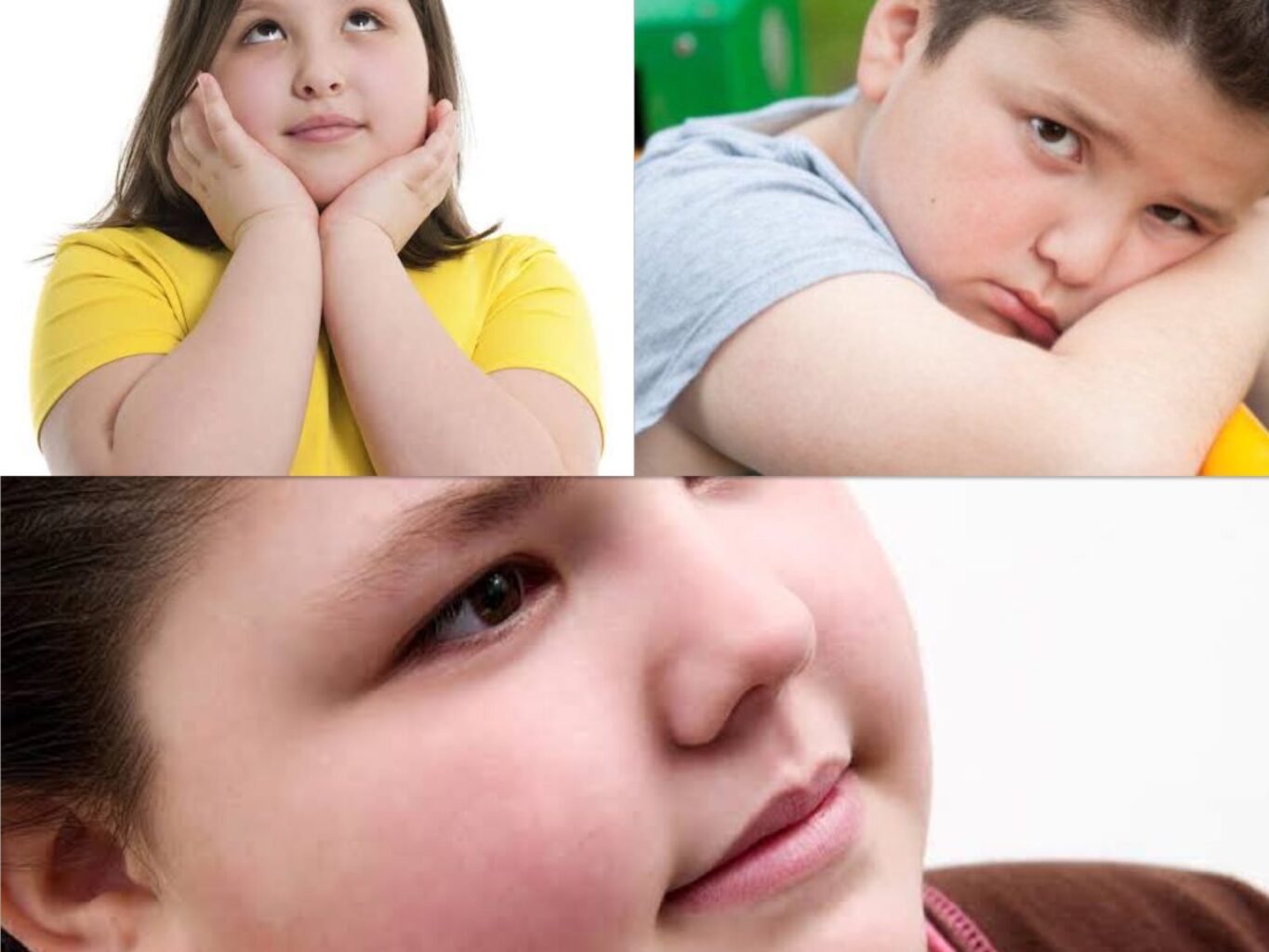Junior’s Obesity Control DNA Test
Childhood obesity is a serious medical condition that affects children and adolescents. It’s particularly troubling because the extra pounds often start children on the path to health problems that were once considered adult problems — diabetes, high blood pressure, and high cholesterol. Childhood obesity can also lead to poor self-esteem and depression.
Why Junior Obesity Control DNA Test?

This Test will help you discover 43 genetic traits related to your kid’s diet, eating behaviors, nutritional needs, and more. The genes in our DNA help control virtually every aspect of our nutrition, from how we feel when we eat, to how we process and metabolize the nutrients and vitamins we consume. It will help to make diet decisions that positively match your kid’s body type and improve your kid’s weight loss chances.
Why Our Child Can’t Lose Weight?

The genes they inherit from their parents may affect the amount of body fat they store, and where that fat is distributed. Genetics may also play a role in how efficiently their body converts food into energy, how their body regulates their appetite, and how their body burns calories during exercise.
Obesity is a Serious Health Concern

The Emotional Toll of Obesity

What We Test?
Here you can see your kid’s genetic predisposition to certain foods, and what types of diets are the most advisable for them, depending on their genetic code.
Optimal Diet Type Monounsaturated Fats
Polyunsaturated Fats Sensitivity to Salt
We will analyze the genes that affect several vitamins and minerals, and children’s metabolism, so that you know which vitamins, and minerals your children should eat more and which less.
Vitamin A Vitamin B2 Vitamin B6 Vitamin B12
Vitamin C Vitamin D Vitamin E Folate Omega-3
Omega-6 Calcium Copper Magnesium
Phosphorus Selenium Zinc
We will see the genes that influence weight diet effectiveness. Some genes affect the tendency to gain weight, the difficulty of being satisfied, and the desire to eat. The most effective diet is not the same for everyone, and the answer may be in our genes. Your genetic information can be your best ally when planning your menu and achieving your goals.
Metabolic Rate Obesity Response to Dieting
Weight Loss and Regain the Best Diet for Weight Loss
Loss of Body Fat in Response to Exercise
Some genes will give us some curiosities like your possible ability to feel certain flavors with more intensity or if you are prone to sweet or pecking. Your body can be intolerant to some foods. We will also look at the genes that can influence the effects of caffeine and more.
Peanut Allergy Gluten Sensitivity
Lactose Intolerance Alcohol Flush
Caffeine Metabolism
Know about your children’s cholesterol or triglyceride levels predisposition. Understand why their body may react differently than others to some of the key metabolic makers. Their ability to deal with oxidative stress.
Detoxification Oxidative Stress
HDL Cholesterol LDL Cholesterol
Triglyceride Levels. Blood Sugar
Levels Iron Levels
An obesity gene causes people to eat too much. Previous studies had linked the gene to being overweight. Eating snacks between meals has the potential to promote satiety and suppress overconsumption at the subsequent meal. A genetic sensitivity to bitterness may lead to a decrease in the consumption of healthy, bitter foods.
Tendency to Overeat Eating Disinhibition
Satiety Snacking Bitter Taste. Umami Taste
How it Works?
The process is as simple as ordering a kit from our lab. We‘ll send you everything you need to take a sample. When it arrives after 3 business days, you will take a quick & painless saliva sample with a quick cheek swab from the comfort of your own home. Then, just send it back in the prepaid mailer, and we will send it to our Lab in the USA. Your results will be ready in 2-4 weeks. (Average time is 3 weeks).
